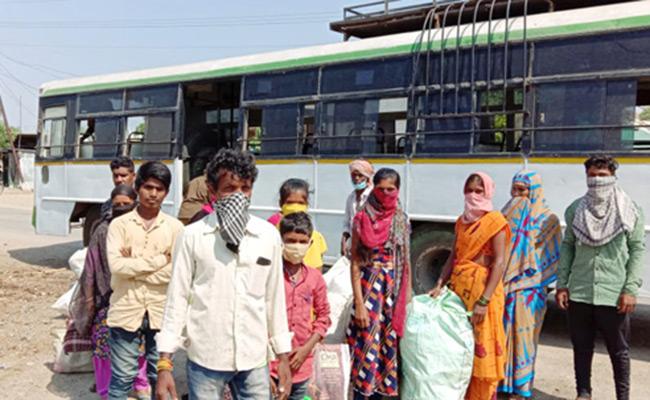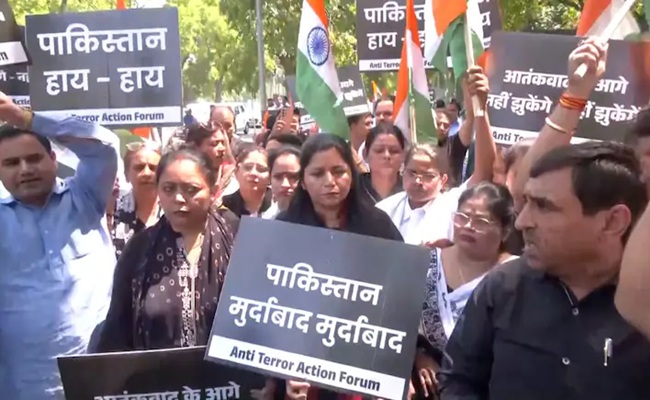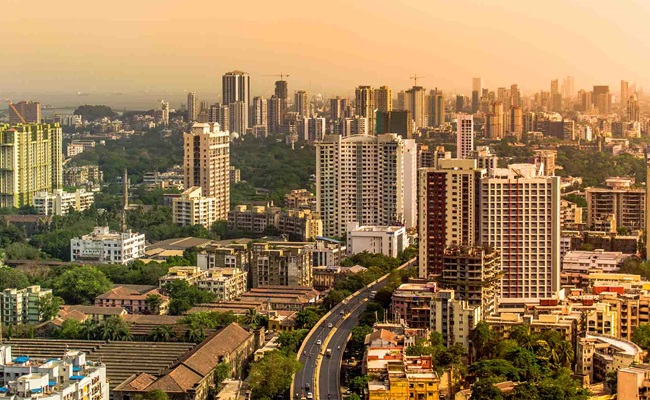
Hyderabad: Various segments of the industry in Telangana are likely to be hit hard by the exodus of the migrant workers, who constitute a major workforce in the state.
As the workers, majority of them belonging to northern and eastern states, begin to return home, industrial units in different sectors are keeping their fingers crossed on its impact and whether they will ever come back.
Industry representatives are unanimous that the return of migrants will hit different sectors, especially construction and manufacturing but are divided over the degree of impact. While some expect things to return to normal in a couple of months, others foresee a long-lasting impact.
After the lockdown began in March, Telangana had announced a series of measures to look after the migrant workers. Chief Minister K. Chandrashekhar Rao assured that no one will starve and termed the migrant workers members of Telangana family and partners in the state's development.
The chief minister had also announced 12 kg rice and Rs 500 for every migrant worker and asked the employers to give them shelter and provide them all necessary facilities.
The state authorities claimed to have identified 3.5 lakh migrant workers through a survey. However, following criticism from various quarters they revised the numbers.
The industry bodies say the actual number of migrant workers is more than eight lakh. Trade union leaders claimed that the government's help has not reached majority of the workers, forcing many of them to set on the risky journey of walking towards their states.
"The impact will be severe, especially in unskilled segments in construction, infrastructure, MSMEs, cement and steel plants," Ramakanth Inani, Senior Vice President, Federation of Telangana Chambers of Commerce and Industry, told IANS.
According to him out of 100 people employed in every Micro, Small, Medium Enterprise (MSME) in Telangana, 80 are migrants. They are mostly from Chhattisgarh, Odisha, Bihar and some from Madhya Pradesh.
Similarly, the migrant labourers constitute 90-95 per cent of the workforce in infrastructure projects and rice mills and over 70 per cent in the construction sector.
An overwhelming majority is employed in and around Hyderabad while the migrant labourers in districts are employed in brick kilns, granite, construction of power projects, fertiliser plants and rice mills.
Inani said despite all the efforts by the state government to take care of them, the workers want to go home. After the state government extended lockdown by May 7, they started fearing another extension and grew restless.
He, however, hopes that they will come back in 2-3 months. "They have to come back. The unemployed go wherever there is employment and since nobody mistreated them here, they will come back."
The booming construction sector in and around Hyderabad is likely to be the worst affected by exodus of migrant workers. The labourers from Bihar, Jharkhand, Uttar Pradesh, West Bengal, Odisha, Chhattisgarh constitute majority of the workforce in construction. There are also workers from neighbouring states of Andhra Pradesh, Karnataka and Maharashtra.
K. Madhusudhan Reddy, director, Dwelton Reality Private Limited, believes the exodus of workers lead to slowdown in the sector
"They will not come back easily because of COVID-19 fear. There is also awareness among them," he said. He believes there will not be much activity for 3-4 months and the problems may remain for six months.
However, Confederation of Real Estate Developers Association of India (CREDAI) Telangana unit president Ramchandra Reddy said the impact will not be much.
He pointed out that the migrant workers go to their native places for one to one-half month every summer. "This year the period has clashed with pandemic and the lockdown. As per our feedback they will come back. It depends on the lockdown situation," he said.
He said that since Telangana and Hyderabad don't have much unsold inventory, the impact on the sector will not be long-lasting.
CREDAI Hyderabad General Secretary Rajasekhar Reddy recalled that they were the first to suggest to the government to send back migrant labourers. "We had suggested that it is better to send them home. They will be happy with their families and when things settle down they can come back."
He pointed out that when the government ruled out this and asked the real estate developers to take care of their workers, they did everything possible to look after them.
"They were getting calls from their homes. They were sitting idle and it was stressful. Some started going on foot. We are saying that those who want to go, let them go," he said
Rajasekhar Reddy said since survival was important for everyone the workers will come back. "The pandemic is not going to end till the vaccine is found. Everyone has to learn to work with precautions. For their survival they have to work. We have to take measures to improve the working conditions."













